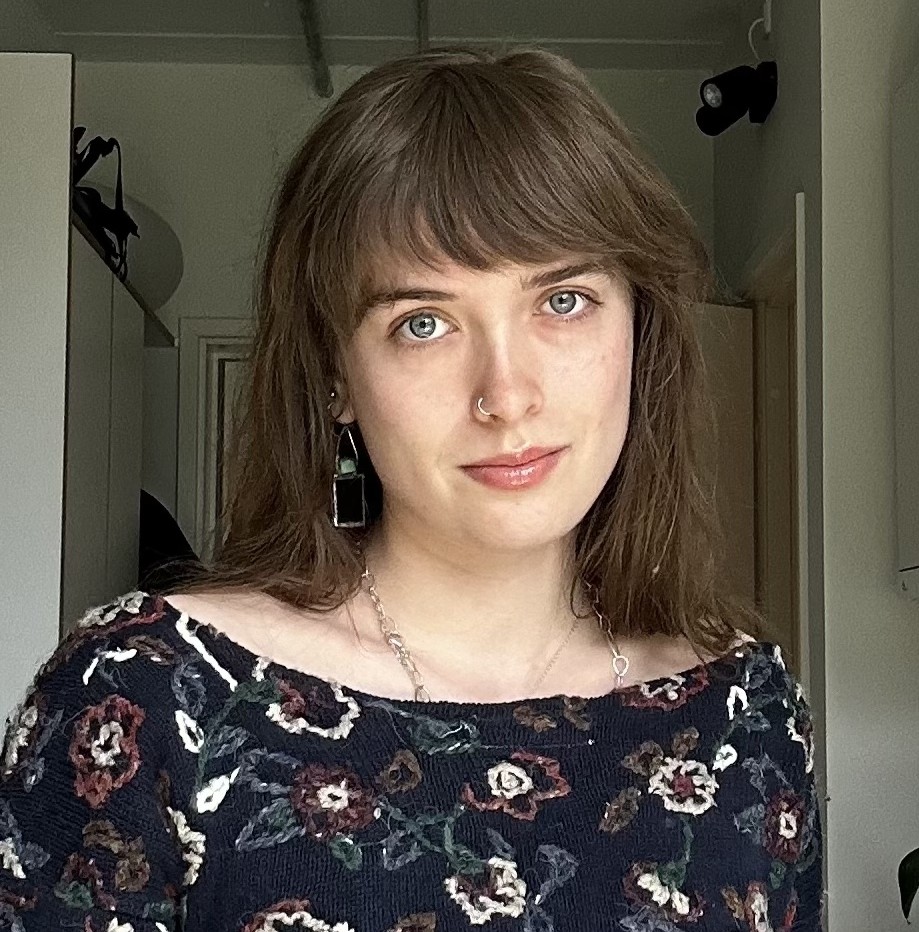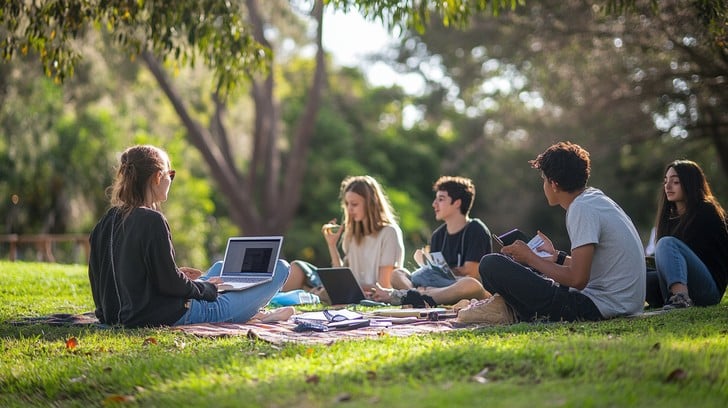Funding for studieprojekter
UCPH Green Solutions Centre (GSC) tilbyder funding til tværfaglige studieprojekter og byder velkommen til alle ECTS-projekter og rapporter, der er relevante for den grønne omstilling. Finansieringen kan bruges til materialer, analyser, leje af udstyr, forbrugerorienterede opgaver m.m., men ikke til løn, rejser og leveomkostninger.
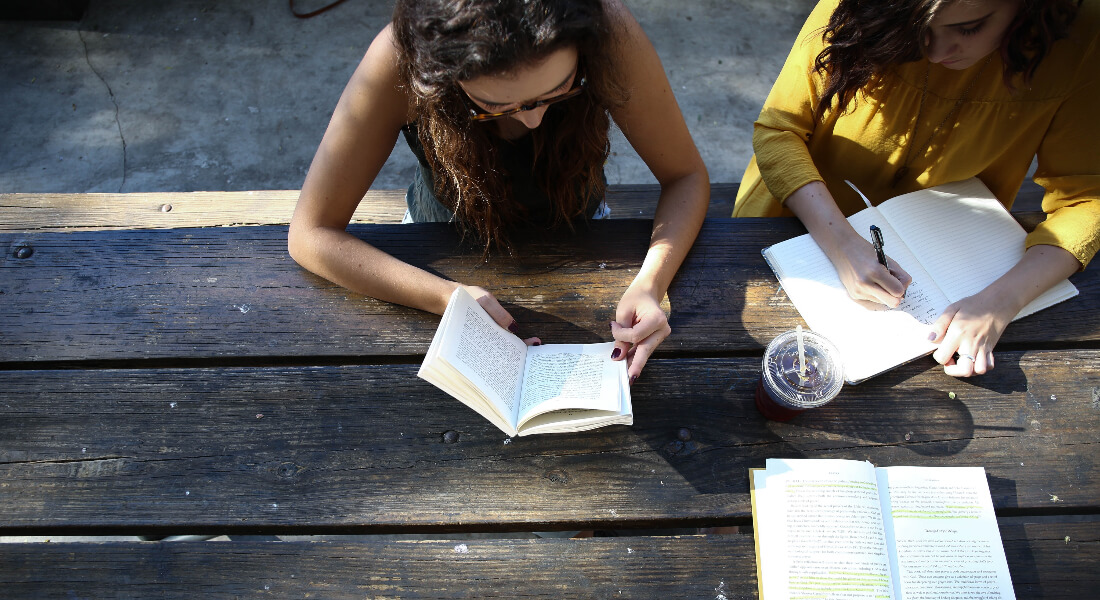
Krav:
- Ansøgerne skal være indskrevne studerende ved UCPH. Projekter med min. to studerende fra forskellige discipliner prioriteres højere, men enkeltpersons projekter accepteres også.
- Funding er op til 15.000 DKK per studerende.
- Projektet skal have relevans for den grønne omstilling.
- Projektet skal indeholde et element af tværfaglighed/tværfaglig tilgang (inkludere viden fra et andet fagområde end dit hovedstudieområde). GSC kan hjælpe med at finde en medvejleder eller sparringspartner.
- Der skal være en form for samarbejde med en ekstern partner (f.eks. et firma, offentlig myndighed, NGO). GSC kan hjælpe med at finde den eksterne partner.
- Ansøgningen skal indeholde:
- Kort projektbeskrivelse (~½-1 side), godkendt af vejledere*, inklusiv tidsramme
- Budget - Den studerende skal formidle resultaterne fra projektet ved en offentlig/semi-offentlig begivenhed eller lignende (det er op til den studerende) og som en kort artikel (~en side), der skal publiceres på GSC's hjemmeside. Studerende kan få professionel hjælp og feedback til denne del.
GSC Sekretariatet behandler ansøgninger løbende. Ansøgningen skal sendes til GSC@ku.dk, og spørgsmål kan sendes til Mette Frimodt Møller på memo@science.ku.dk. Brug ansøgningsformularen, som du finder her.
Læs mere om muligheder og krav for studenterfinansiering her.
Emner:
Studieprojekter kan baseres på igangværende samarbejde med eksterne partnere, den studerendes egen idé, eller der kan søges inspiration fra eksisterende projektidéer.
Søg inspiration i studieprojektidéer fra vores to Living Labs "Plantebaserede fødevarer" og "Urban grøn omstilling".
Fundede studenter projekter
Læs mere om vores fundede studenterprojekter her:
Read more about our funded student projects here:
Student: Grace Laura Romania, MSc. Environment & Development
Project title: PFAS contamination in the state of Maine
Main supervisor: Bjarne W. Strobel, Associate Professor, PLEN
Co-supervisor: Mette Weinreich Hansen, Associate Professor, IFRO
Project period:January-March 2026
External partner(s): Maine PFAS Fund
Description: The project is investigating how Maine farmers are responding to the ongoing crisis of PFAS contamination in the state of Maine. In what ways farm factors, activities, and policies/governance keep farms with significant levels of contamination in operation and viable, and what factors force others to shutter. These attributes may include the levels of PFAS and types of PFAS on the property, organic practices, and feed rotations.
The project will utilize participatory observation on a few Maine dairy farms, which, with their large land holdings, bear a significant brunt of the contamination in the state. I aim to gain insights into the daily operations and types of activities on each active dairy farm that enable mitigation of contamination. I also plan to conduct interviews with dairy farmers who have been forced to close their operations. This will better inform my understanding of what factors made remaining solvable forward impossible.
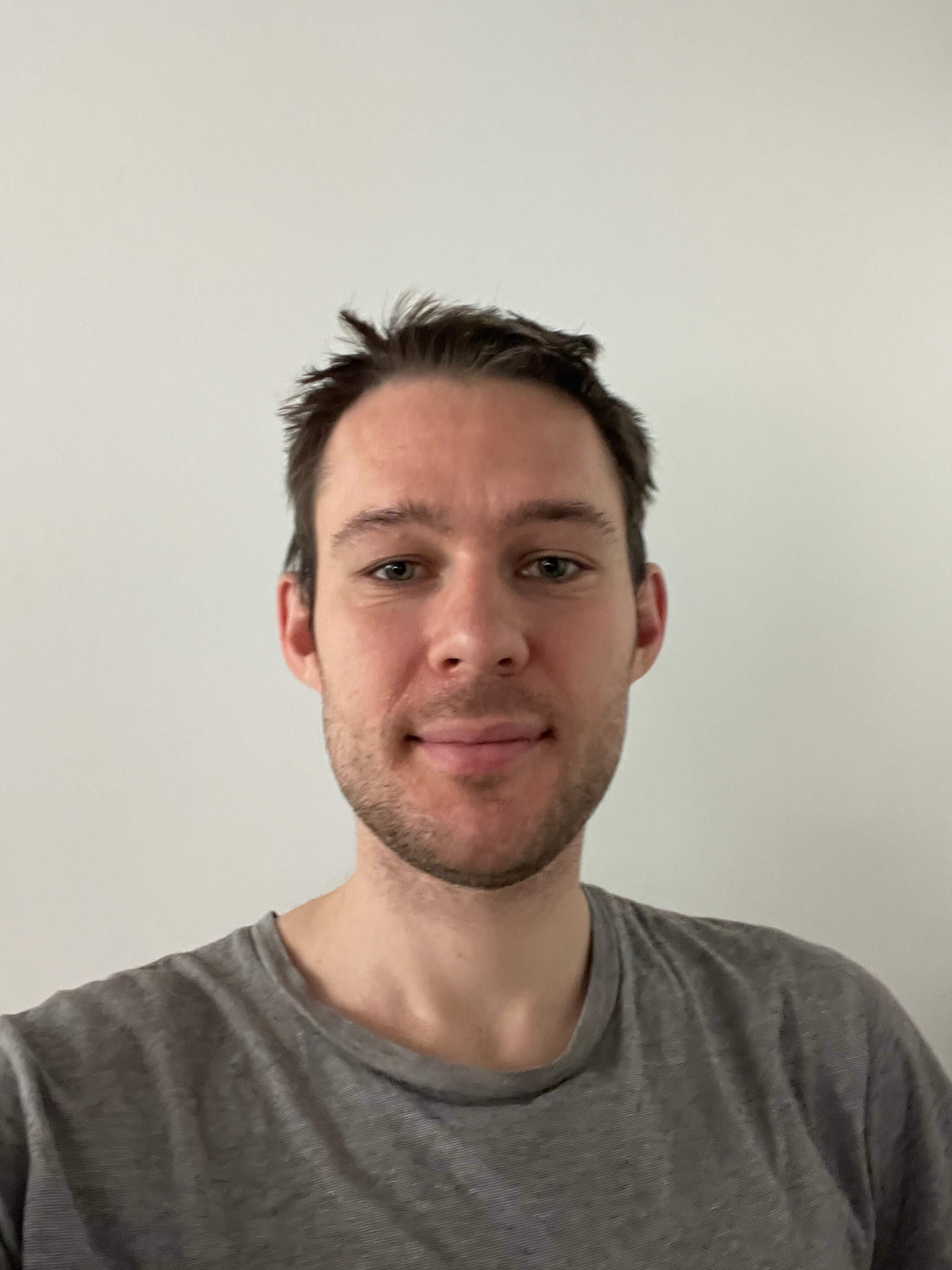
Student: Andreas Peter Leerbeck, MSc Computer Science, DIKU
Project title: Annotation Pipeline & NLP for Food-Waste Reduction in Schools
Main supervisor: Daniel Hershcovich, Tenure-Track Assistant Professor, DIKU
Co-supervisor: Bent Egberg Mikkelsen, Professor, IGN
Project period: October 2025 – April 2026
External partner(s): Herstedlund Skole, Lindevangskolen
Description: This project is part of Mål & Minimér (“Measure & Minimize”), an interdisciplinary initiative to reduce school canteen food waste through digital measurement and participatory education. Pupils measure discarded food using digital scales, take photos, and later annotate the images in class with food categories, weights, free-text reflections about what was discarded and why.
The student will implement a data annotation pipeline and interface that links canteen images and measurements with subsequent classroom annotations, and train and evaluate NLP/ML models to generate natural-language captions describing discarded items and possible reasons, predict food categories and quantities from images, and integrate model suggestions into the annotation interface for pupils to refine, improving usability and data quality.
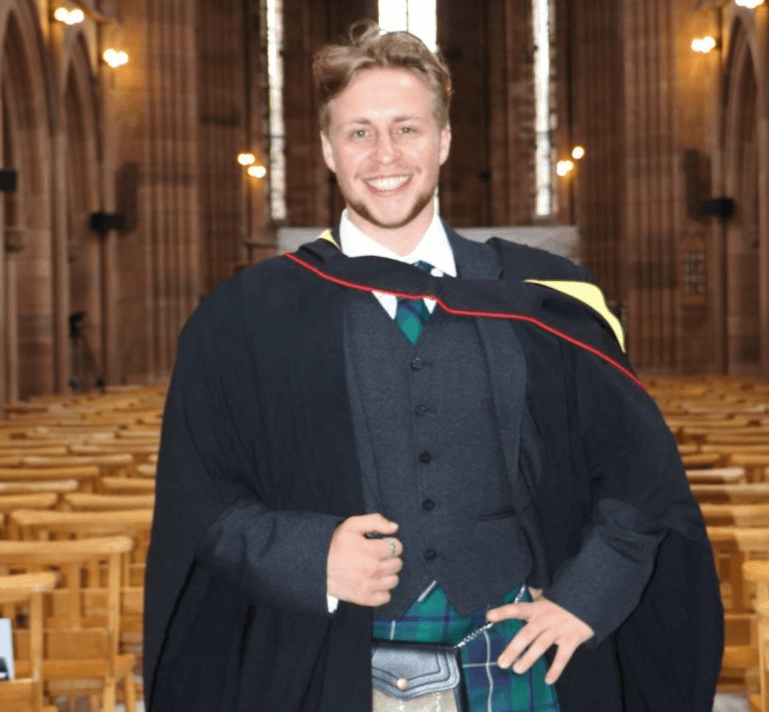
Student: Samuel Cook, Master's Student in Environmental Science (Soil and Water specialisation)
Project title: Floatovoltaics, Warming Summers, and Freshwater Resilience: Experimental Tests of Algal Growth Suppression and Evaporation Reduction
Main supervisor: Professor Jesper Riis Christiansen
Co-supervisor: Karl-Emil Johan Tadayoni Heidberg (CPSC) and Laura Kase (Freshwater Biology)
Project period: November 2025 - June 2026 (Experimental run: January 2026)
External partner(s): HOFOR
Description: Freshwater reservoirs face dual challenges from climate change: intensified algal blooms that threaten water quality and increased evaporative water losses. Floatovoltaics (floating solar panels) represent a dual-use solution for the green transition, generating renewable energy while potentially delivering key co-benefits for water management. This project will provide crucial experimental evidence on whether floatovoltaics can enhance water security, directly supporting sustainable resource management goals within my Environmental Science specialisation in Soil and Water.
This project will test whether floatovoltaic surface cover can:
- Suppress the growth of prominent Scandinavian freshwater algae under current and future climate scenarios
- Reduce evaporation rates in reservoir-like conditions
- Determine if these effects change under different warming conditions
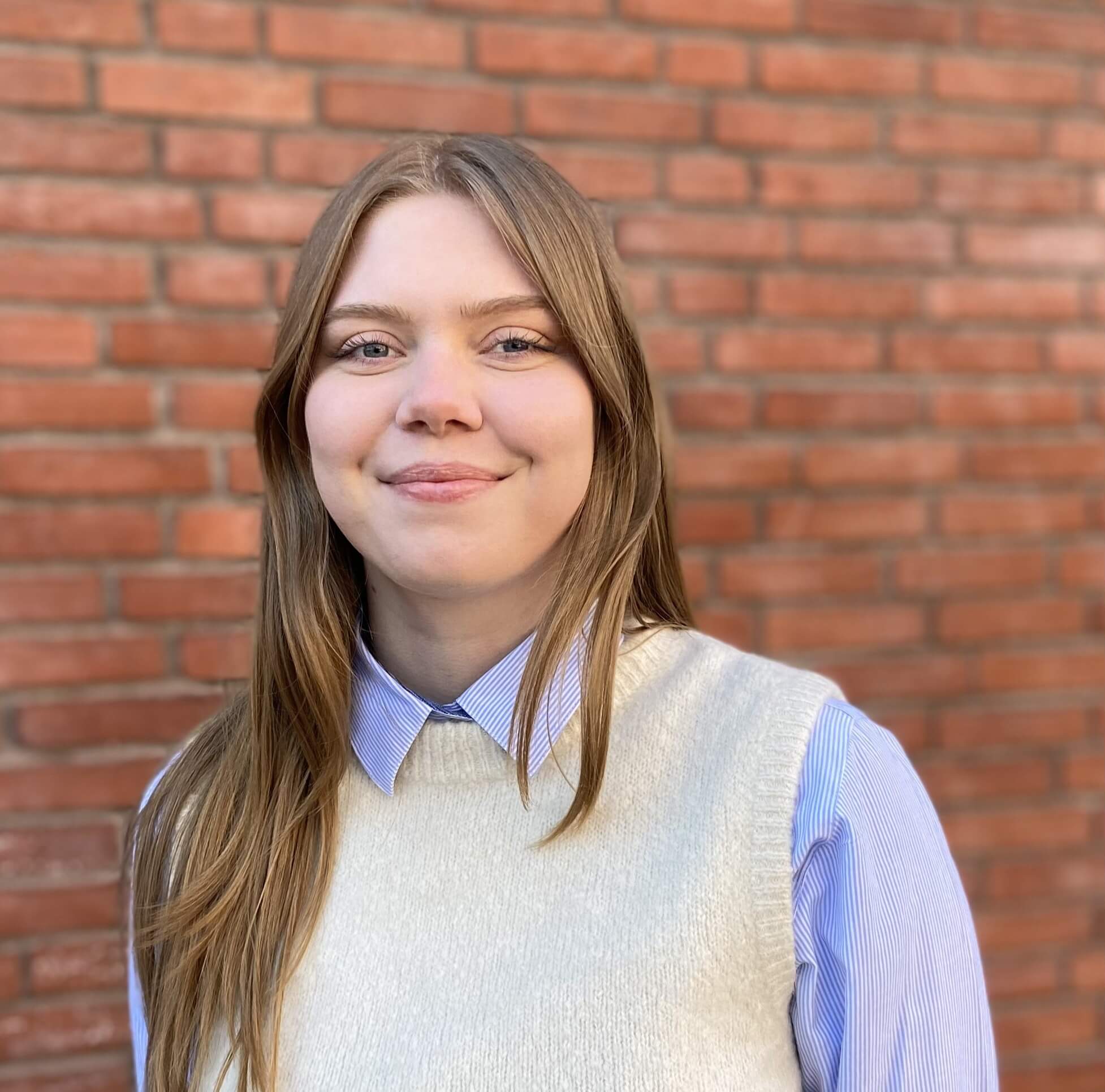
Student: Emma Eline Flarup W. A. Munch
Main supervisor(s): Neda Trifkovic, Department of Economics & Niels Fold, Department of Geography
Project period: January - June 2025
Read the full project article here.
External partner(s): Northern Mountainous Agriculture and Forestry Science Institute (NOMAFSI) & Development and
Policy Research Center (DEPOCEN)
Description: Coffee cultivation has been a key driver of Vietnam’s economic, social, and environmental transformation over the past decades. However, as a crop, coffee is highly sensitive to changes in temperature and precipitation, making it particularly susceptible to the impacts of climate change (Bunn et al., 2014). It is estimated that around 85% of Vietnam’s coffee output is produced by smallholders (ILO, 2024). As the second largest producer of coffee globally, the vulnerability and resilience of smallholders in Vietnam therefore play a crucial role in maintaining the stability and sustainability of the global coffee value chain and industry. Despite increasing research on the effects of climate change on livelihood vulnerability, both globally and in Vietnam (Hahn et al., 2009; Huong et al., 2019; Nguyen & Leisz, 2021; Shah et al., 2013), studies focusing specifically on coffee smallholders remain limited. This thesis aims to address this research gap, integrating quantitative and qualitative research methods to assess livelihood vulnerability among coffee smallholders in Son La province in Vietnam.
By examining the vulnerability of coffee smallholders in Son La, the study will provide valuable insights that may serve as fertile ground for developing climate resilient agricultural practices and livelihoods.
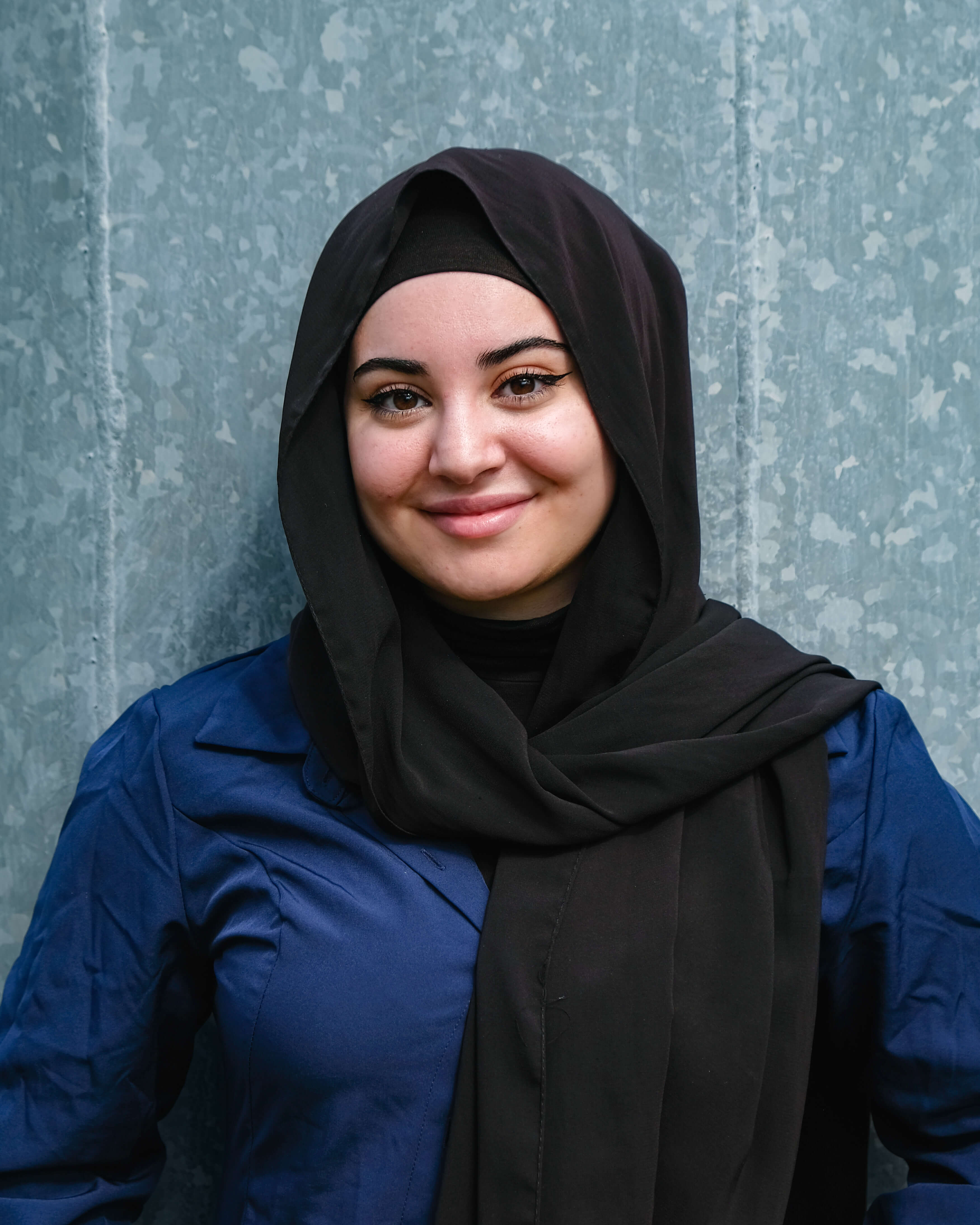
Student: Ghader G. Al-Mosawy, BSc. Biotechnology
Main supervisor(s): Prof. John Dirk Nieland, Prof. Meike Burow, and special consultant Benedicte Smith-Sivertsen
Project period: 30 June to 22 August
External partner(s): Aalborg University
Read the full project article here
Description: The project focused on exploring the potential of a widely spread invasive weed, nutggrass, as a source of natural bioactive compounds for dermatological and cosmetic applications. The main aim was to investigate the plant’s capacity to inhibit hair growth and reduce inflammation in skin disorders.
The nutgrass is an invasive species that harbours valuable bioactive compounds with promising applications in skin care and hair growth management. By extracting and utilising these natural compounds, it is possible to develop innovative, eco-friendly cosmetic products. This approach turns a problematic weed into a sustainable resource, providing novel solutions that align with environmental and health-conscious consumer demands.
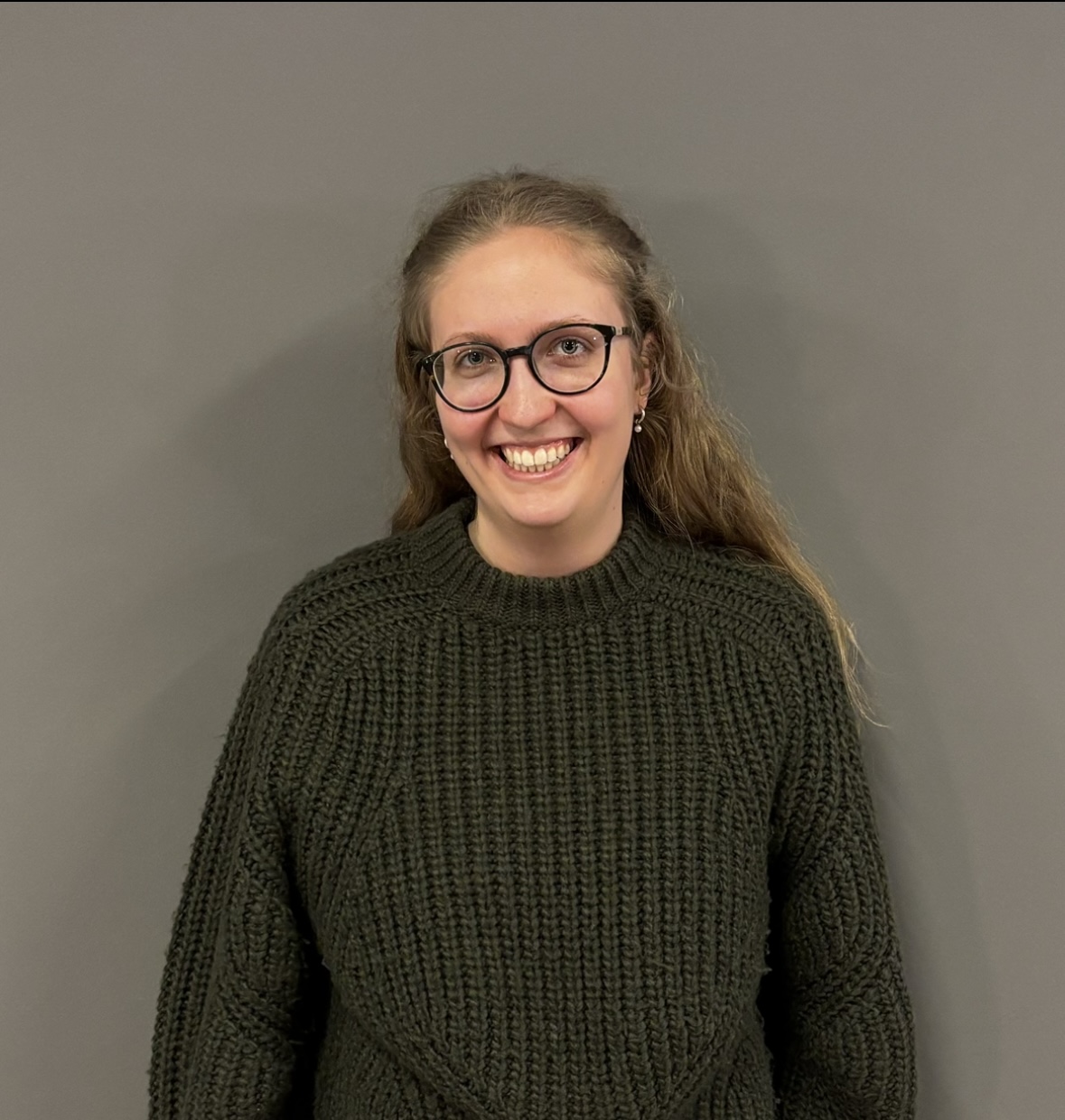
Student:Julie Zacho Thorball, MSc in Global Development
Main supervisor(s): Prof. Jens Friis Lund (main supervisor), Assistant Prof. Neda Trifkovic (co-supervisor)
Project period: August 2025 to December 2025
External partner(s): European Energy
Description: I will be studying community engagement and opposition to the Nearshore Wind Farm project at Jammerland Bugt. The project is developed by European Energy and TotalEnergies in Jammerland Bugt, just 6 km from the shore and the peninsula Reersø, near western Zealand. The project faced many delays, which have affected the project. This project has been featured in local media and gained traction politically as a NIMBY (Not In My Backyard) case, however, it is yet to be covered what this opposition stems from.
To date, research and policy debates have primarily focused on opposition to renewable energy infrastructure in resource-constrained, rural communities, where local populations often lack the means to resist. By contrast, Jammerland Bugt is a unique case: opposition has been driven primarily by upper-middle-class summerhouse owners, who possess both the financial resources and organisational capacity to mobilise against the project. Their opposition centres on visual intrusion and noise impacts.
I will conduct a single case study based on the Jammerland Bugt case, utilising both qualitative and quantitative methods. My research method is interviews and statistical analysis.
Funding for studieprojekter indenfor vores to levende laboratorier: Plantebaserede fødevarer og Urban grøn omstilling
Studieprojekter kan være baserede på vilkårlige emner (overholdende ovennævnte krav). Projektet kan også være relateret til en af GSC`s levende laboratorier: Plantebaserede løsninger og Urban grøn omstilling.
Søg insipiration til emner fra tidligere studenterprojekt indenfor de levende laboratorier:
Studieprojekter indenfor det levende laboratorie "Plantebaserede løsninger" har tidligere omhandlet emner som:
- Adfærsændringer i kantiner og storkøkkener
- Skolemad
- Sprog og identitet
- Robotter
- Historiske afgrøder = nye muligheder
Se tidligere fundede studieprojekter indenfor Plantebaserede løsninger her.
Studieprojekter indenfor det levende laboratorie "Urban grøn omstilling" har tidligere omhandlet emner som:
- Data gaps
- Infrastruktur og dets forbindelse til lighed og retfærdighed
- Nye engagementsprocesser - more-than-human perspektiv
- Fremtidens klima
Se tidligere fundede studieprojekter indenfor Urban grøn omstilling her.
Living Lab Manager
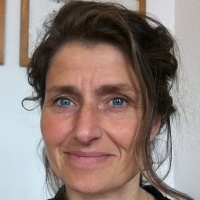 Kontakt vores Living Lab manager Mette Frimodt-Møller.
Kontakt vores Living Lab manager Mette Frimodt-Møller.

